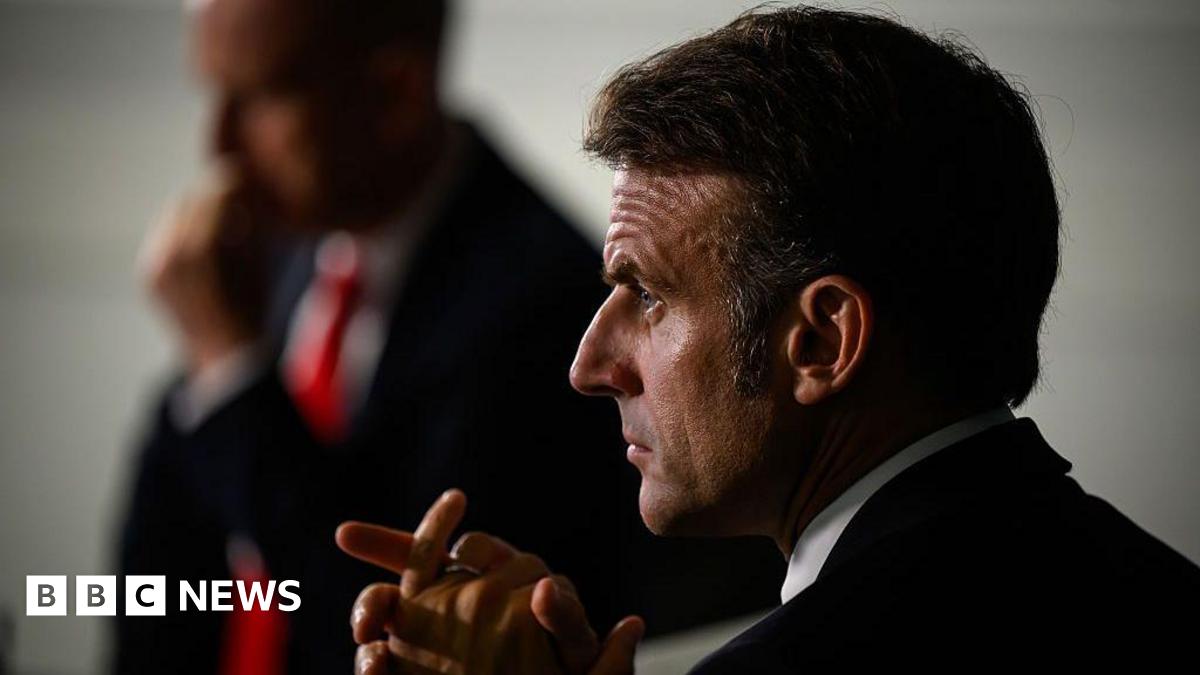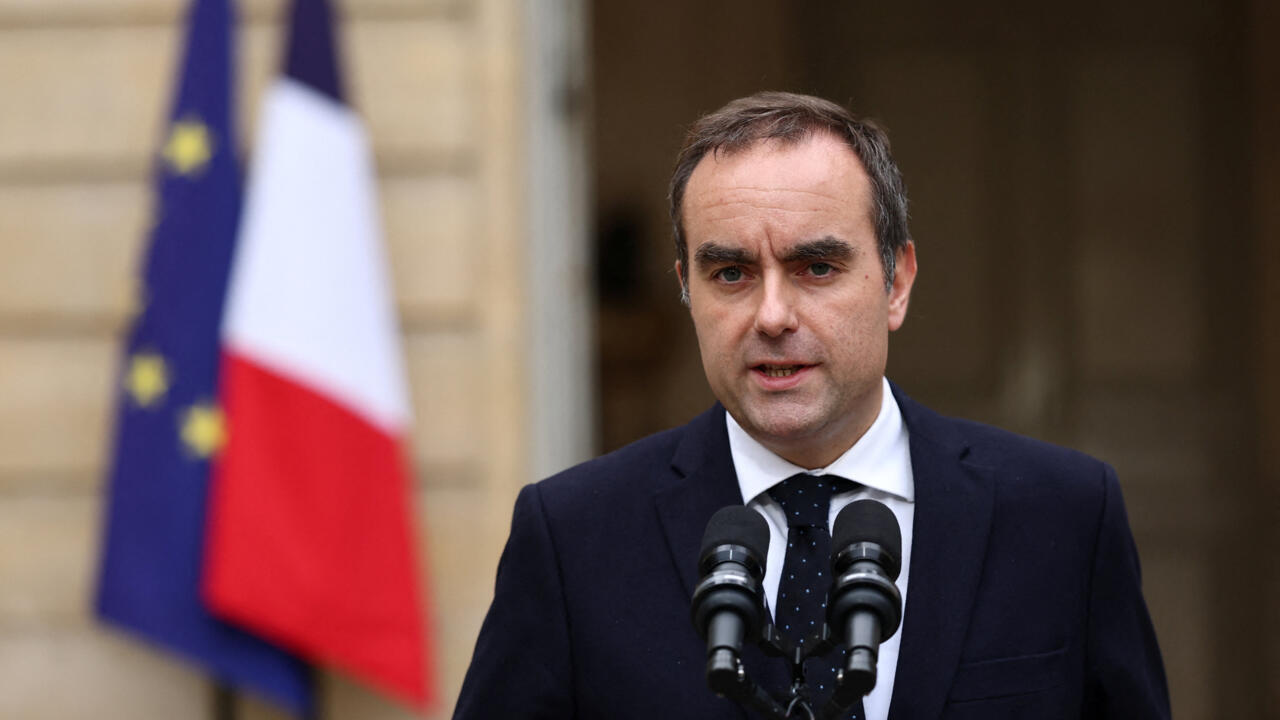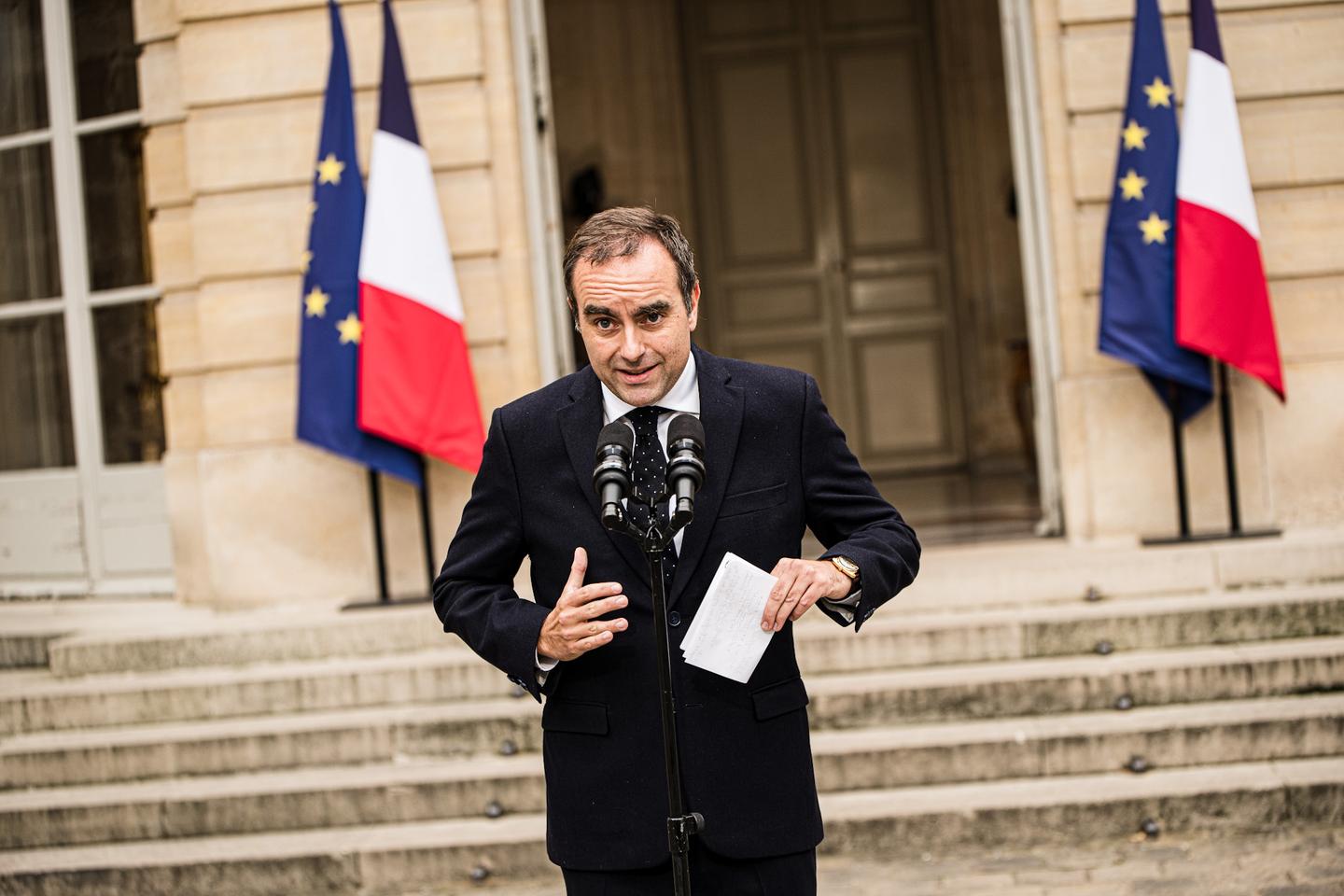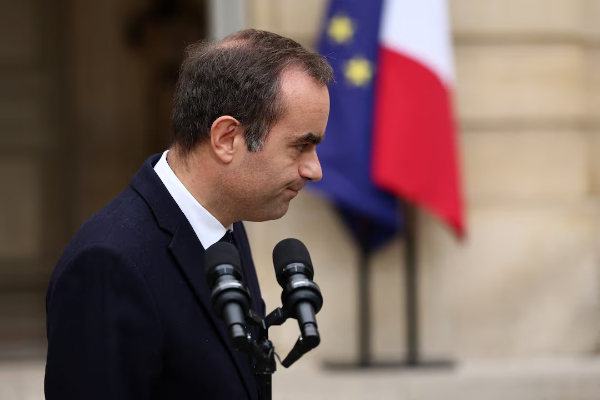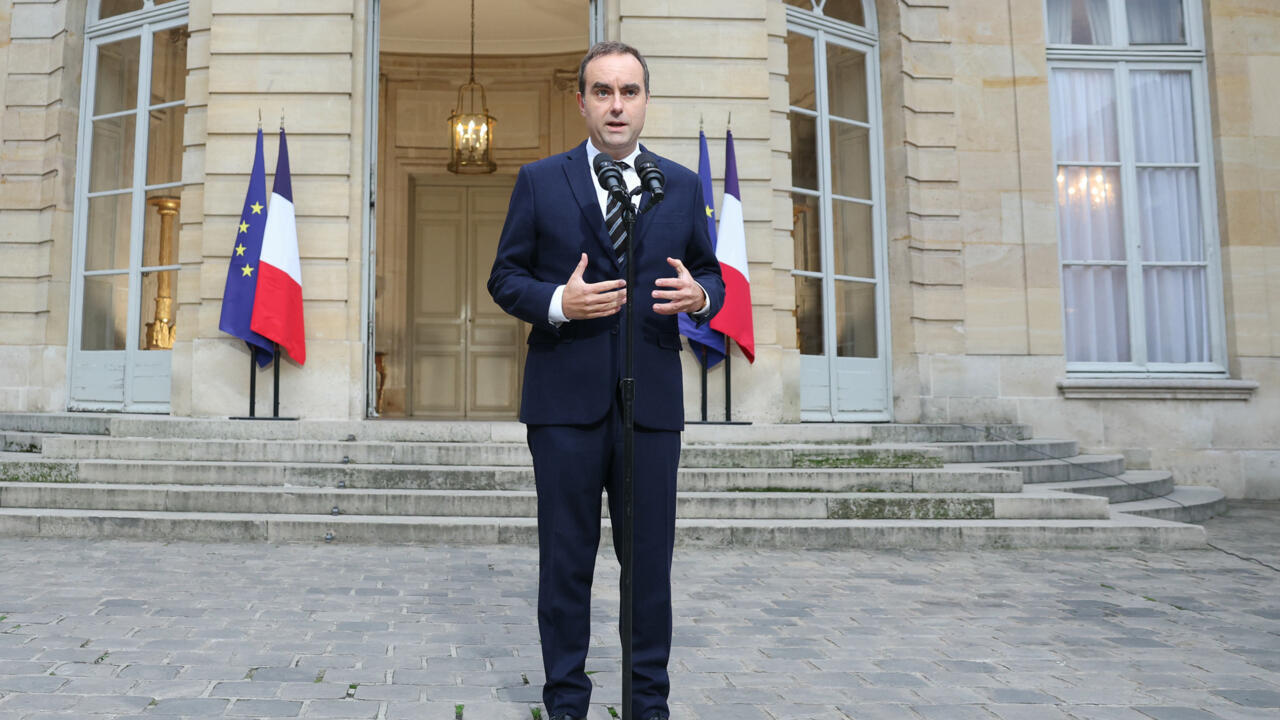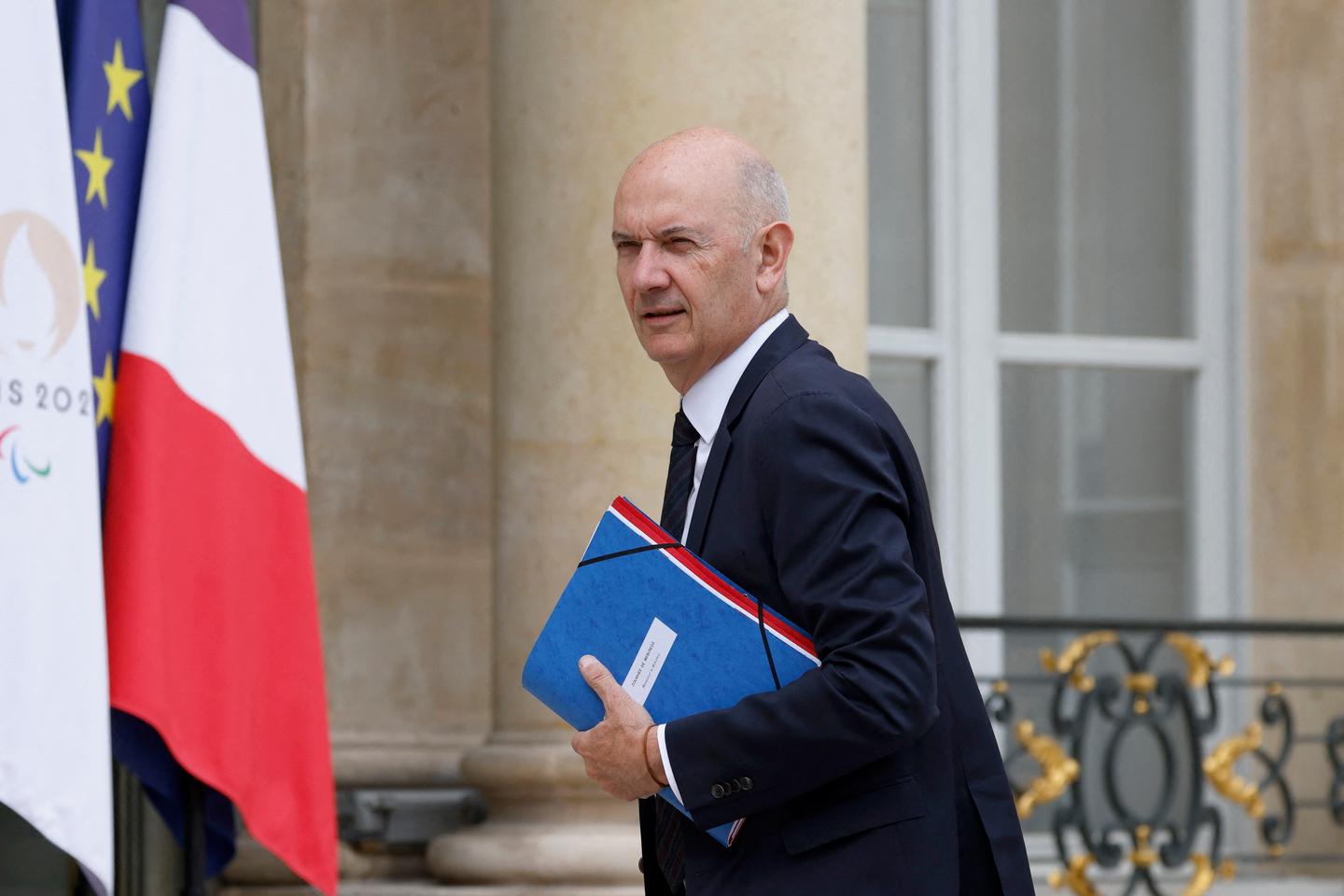France Plunged into Political Turmoil as PM Lecornu Resigns After 26 Days
France is facing renewed political instability as Prime Minister Sébastien Lecornu resigned after only 26 days in office. This comes after he presented his cabinet and failed to secure the necessary support from various political factions, marking him as the third French PM to depart since last December. The resignation has heightened concerns about the country's ability to address its economic challenges.
The Downfall of Lecornu's Government
The immediate trigger for Lecornu's resignation was the withdrawal of support from the conservative Republicans party (LR), led by Interior Minister Bruno Retailleau. The LR, with its approximately 40 MPs, holds significant sway in the centre-right alliance. Retailleau expressed willingness to remain in the cabinet, but swiftly changed his stance after the announcement of Bruno Le Maire, a former finance minister, as the pick for defence.
The LR's opposition to Le Maire stems from his decision to join Macron, seen as a betrayal, and their blame for France's escalating debt during his tenure as finance minister. They accuse Lecornu of concealing Le Maire's nomination, learning about it through media reports. Though Le Maire withdrew his name from consideration, Lecornu's cabinet was still faced fierce criticisms by political parties.
Macron's Options and the Political Landscape
President Emmanuel Macron initially granted Lecornu a 48-hour reprieve to negotiate a "stability plan" with political parties. However, with Lecornu's resignation, Macron faces a complex situation. He can appoint a new prime minister, dissolve the National Assembly for fresh elections, or resign himself. The last option remains unlikely, while the first is the most plausible, but identifying a capable candidate presents a significant hurdle, with many "keeping their distance."
France's political climate has been unstable, especially after the July 2024 snap parliamentary elections, which resulted in a hung parliament. Deep ideological divisions prevent cooperation among parties, exacerbating the government's challenges in passing legislation. The previous governments led by Michel Barnier and François Bayrou also failed due to votes of no confidence and budget rejections, respectively.
France's Economic Woes and Political Discontent
The political turmoil coincides with France's economic difficulties, including a deficit reaching 5.8% of its GDP in 2024 and a national debt of 114% of its GDP. These figures raise concerns about the country's financial stability and its ability to address pressing economic issues. The situation has been exacerbated by the rise of the hard-right under Marine Le Pen, which is calling for new legislative elections.
Macron's declining popularity also plays a role, with those associated with him risking electoral setbacks. As France approaches the 2027 French presidential election, the political landscape becomes even more fraught. The political landscape and the "partisan appetites" are making it hard to set up a stable government.
Lecornu's Parting Words
In his brief address, Lecornu criticized the "partisan appetites" of political factions, accusing them of acting as if they held an absolute majority. He emphasized his willingness to compromise but noted the unwillingness of parties to accept each other's programmes. His comments highlight the entrenched divisions and the lack of humility and compromise within French politics.
| Key Figure | Role/Position |
|---|---|
| Sébastien Lecornu | Former Prime Minister of France |
| Emmanuel Macron | President of France |
| Bruno Retailleau | Leader of the Republicans party (LR), Interior Minister |
| Bruno Le Maire | Former Finance Minister |
 Visit the website
Visit the website
